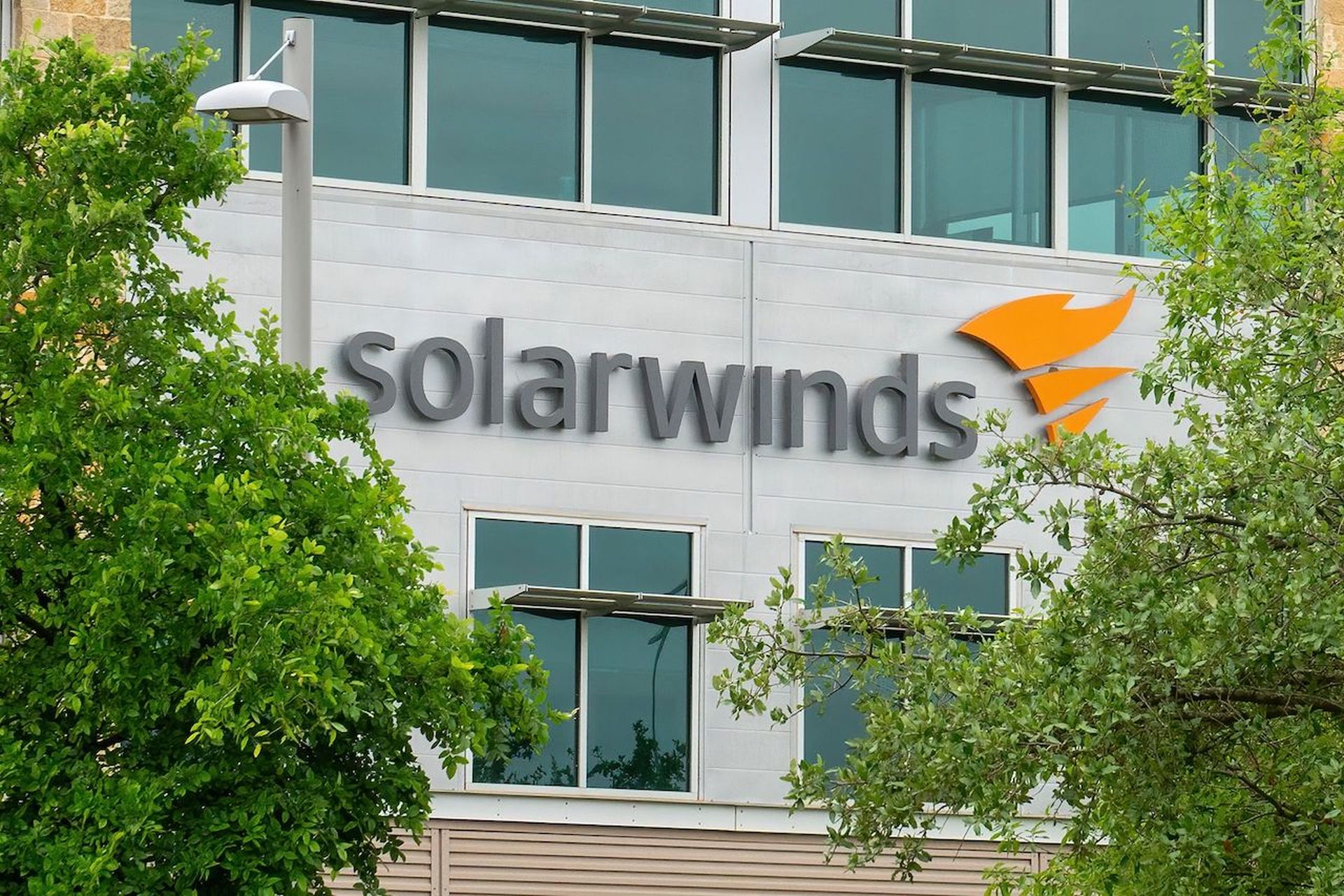Amid the coronavirus pandemic, what does the near-term future hold for small businesses across the United States? Early clues from Long Island, New York, raise some troubling cash flow, revenue and head count clues.
First, some background: Long Island -- with a population of more than 7.5 million people -- is New York City's neighbor to the east. And the island, my lifelong home, has been particularly hard-hit by the coronavirus pandemic.
As of April 2, 2020, according to News 12 Long Island:
- New York State has 92,381 confirmed coronavirus cases so far.
- Long Island has more than 19,000 of those cases, and 164 deaths so far. More than 2,000 of those Long Island cases were confirmed today (April 2.).
New York Governor Andrew Cuomo's stay-at-home mandate -- and the closure of non-essential businesses -- is designed to slow the pandemic's spread. But the pandemic's peak isn't expected to arrive until late April 2020, and the economic impact ahead of that peak has been dramatic.
Long Island Small Businesses: Coronavirus Impact
Long Island small businesses have been particularly hard hit. According to a local Economic Advisory Council survey of 1,431 small businesses:
- 56% of those small businesses have laid off staff.
- More than 50% expect to generate no profit in 2020.
- 81% of those small businesses say they will need loans to operate through 2020.
- 96% expect revenues to fall in Q2 2020.
- Of those expecting a revenue drop, 59% expect a revenue decline of 50% or more in Q2 2020.
- Recovery Expectations: Only 21% expect their businesses to recover in 2020. Another 62% say their business recovery will arrive in 2021, and 9.7% say their business recovery will take five or more years.
Will similar small business trends unfold across the country? It's too soon to say. Also, it's important to put the Long Island survey in context. Fully 90 percent of the survey participants have 25 or fewer employees, so much of the data may not represent operationally mature businesses.
Still, Governor Cuomo has repeatedly warned the rest of America that the pandemic will dramatically impact all 50 states -- both socially and economically.
Small Business Administration (SBA) Loans
Many small business owners nationwide will pursue SBA Loans -- particularly the SBA Paycheck Protection Program (PPP). Under the PPP program, portions of the loans can be transformed into grants (which don't have to be paid back). But demand for the PPP program is expected to be extremely high, which means all funding could be done on day-one when the program open on April 3.
Secretary of the Treasury Steven Mnuchin has vowed to ask Congress for more PPP funding after the initial dollars are all spoken for.




